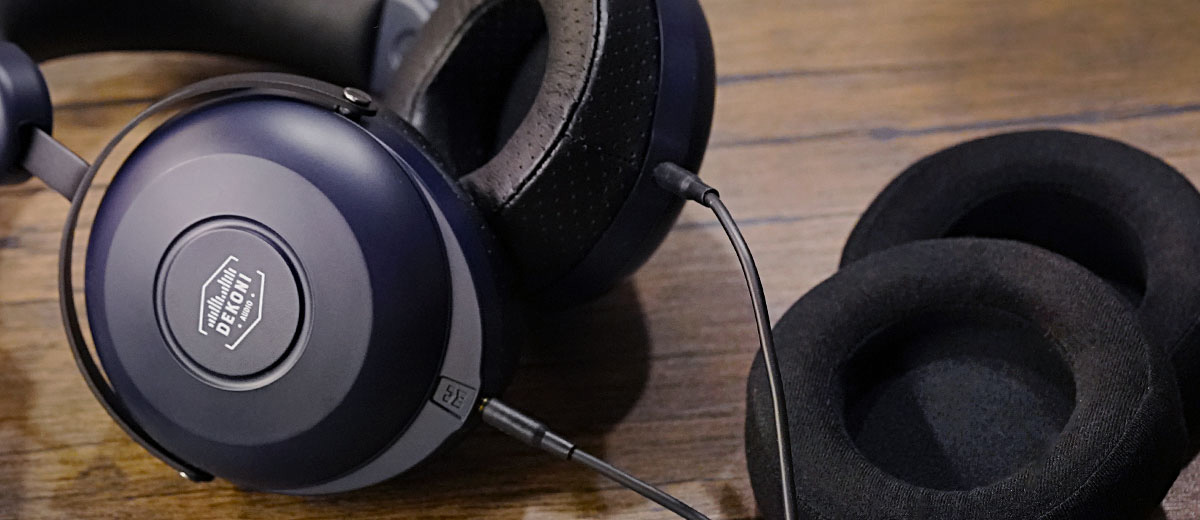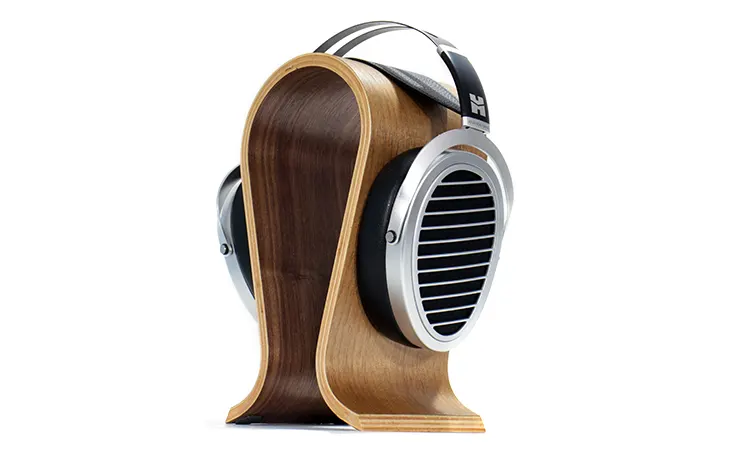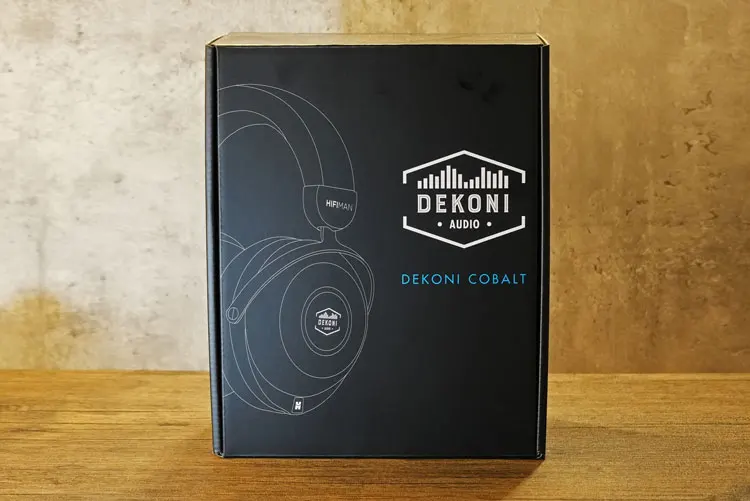Synergy
Efficiency
The Cobalt, with its 16Ω impedance and 101 dB/mW sensitivity, demonstrates a good level of power sensitivity and resistance to picking up noise.
In real-world usage, even on higher gain settings, the Cobalt remains free from noise, and dongles are capable of driving it to high volumes with decent dynamics.
When paired with stronger output sources, the transients become more pronounced, with a solid and deep bass response that enhances the overall dynamics, depth, and extension of the sound.
Pairings
I have tested the Cobalt with various DAPs and dongles including the Hiby R3 II and Questyle M12 and discovered that despite its large size, it can be easily driven.
The treble-leaning tuning helps deliver better quality when used with less powerful sources, and there is sufficient control in the treble to avoid sounding overly bright.
Additionally, the Cobalt scales well with more powerful DAPs, resulting in a firmer and fuller tone. I would recommend pairing it with warmer gear or devices that have stronger bass transients, such as the Shanling M6 Ultra.
The recent FiiO Q15, particularly on low gain, performs admirably with the Cobalt, providing a balanced and clean output. Applying a slight equalization boost to the mid-bass area enhances its presence and adds to its euphonic sound.
Select Comparisons
FiiO FT5
Technical
The FiiO FT5 is a circumaural open-back planar magnetic headphone featuring a large 90mm diameter driver. It incorporates a dual N52 Neodymium magnet array with up to 1.5T flux. The Cobalt has a similar size in experience but uses a 45mm dynamic driver which allows it to be more easily driven.
The FT5 is rated 36Ω in impedance and 110 dB/Vrms (@1kHz) or 96dB/mW (@1kHz) for sensitivity. Compared to the 16 Ω, 101 dB/mW rated Cobalt it comes quite close in loudness but would require more amping power for its full potential.
Design
The FT5 features a full metallic enclosure and a distinctive faceted appearance. However, being an open-back design, it doesn’t prioritize noise isolation as much as the closed-back design of the Cobalt.
The FT5 incorporates more intricate engineering with a complex framework. In practical terms, the Cobalt, with its lighter frame, may be more convenient for everyday use, particularly when carrying it outdoors.
The Cobalt is also the more comfortable for the two to wear with more premium pads and lighter oval-shaped earcups that cause much less stress.
Performance
The larger diaphragm size and metallic construction of the FT5 offer advantages in bass delivery and distortion control at higher volumes. However, when used with less powerful sources, it may not sound as balanced as the Cobalt and can feel flatter.
Compared to the Cobalt, the FT5 demonstrates decent control and detail retrieval power, although its roll-off is sharper and it doesn’t feel as extended as the Cobalt. The bass is tighter and lacks the same airiness and punchiness as the Cobalt, but it showcases stronger layering and texture.
When paired with desktop amplifiers that provide ample power, both the FT5 and Cobalt can scale up and deliver a more euphonic tuning with increased detail.
The FT5 feels more open and exhibits stronger technicalities compared to the Cobalt, while the Cobalt offers a smoother and cleaner tuning that prioritizes musicality over precision.
HIFIMAN Ananda Nano
Technical
The Ananda Nano planar headphones have an impedance rating of 14Ω and a sensitivity rating of 94 dB/mW, making them nearly as easy to drive loudly as the Cobalt.
The design incorporates stealth magnets and a nanometer-thin diaphragm inspired by the Susvara, which explains the Ananda Nano’s name.
The Ananda Nano offers a wider frequency response range, spanning from 5Hz to 55kHz compared to the Cobalt’s 20Hz-20kHz.
Design
The Ananda Nano features an oval-shaped design reminiscent of a mini-Susvara, complete with similar grills and an open-back design.
The ear cups are asymmetrically designed to fit the shape of human ears, and the headphone incorporates a hybrid headband design that effectively distributes the weight for improved comfort.
In comparison, the Cobalt has a more minimalistic appearance and provides better isolation due to its closed-back design.
Furthermore, the addition of Dekoni pads enhances the Cobalt’s premium feel especially with the sheepskin pads and they improve the overall comfort.
Performance
Listening indoors on the RME ADI-2 Pro, the Ananda Nano displays impressive dynamics and has strong and clear imaging, more precise than on the Cobalt. The Ananda Nano exhibits a stronger transient response and delivers a more textured and accurate sound presentation.
In comparison, the Cobalt provides a lively and natural tone without overly extracting details, resulting in an airier and treble-focused output. The mid-treble area is more exciting on the Cobalt, while the Ananda Nano offers a more controlled but still slightly edgy performance in that region.
On smaller portable sources like the FiiO BTR15, the Cobalt demonstrates its strength by delivering a balanced and clear sound without any veil in the midrange. There is sufficient texture and decent articulation and is friendly with different music files and streaming content.
The Ananda Nano, while still being easy to drive, may require a bit more power to sound dynamic and balanced, though it is also true that there is bigger potential for the Ananda Nano to scale with stronger amplification power.
Our Verdict
The Dekoni x HIFIMAN Cobalt does not heavily rely on power, allowing for extended hours of detailed and dynamic audio playback even when used with less powerful sources.
The additional earpads showcase how different aspects of headphone design can impact the output, and switching to them results in an even cleaner response while maintaining exceptional comfort and improved isolation.
Overall, the Cobalt is lightweight, rugged, and a very comfortable set of dynamic driver headphones. It has a versatile and clean tuning that suits a wide range of musical genres, delivering vocals with great clarity.
The Cobalt is a decent choice for travel and for those who prioritize comfort and drivability from less powerful sources.
Dekoni x HIFIMAN Cobalt Technical Specifications
- Driver: 45mm Dynamic
- Frequency response: 20Hz-20kHz
- Impedance: 16ohms
- Sensitivity: 101dB






